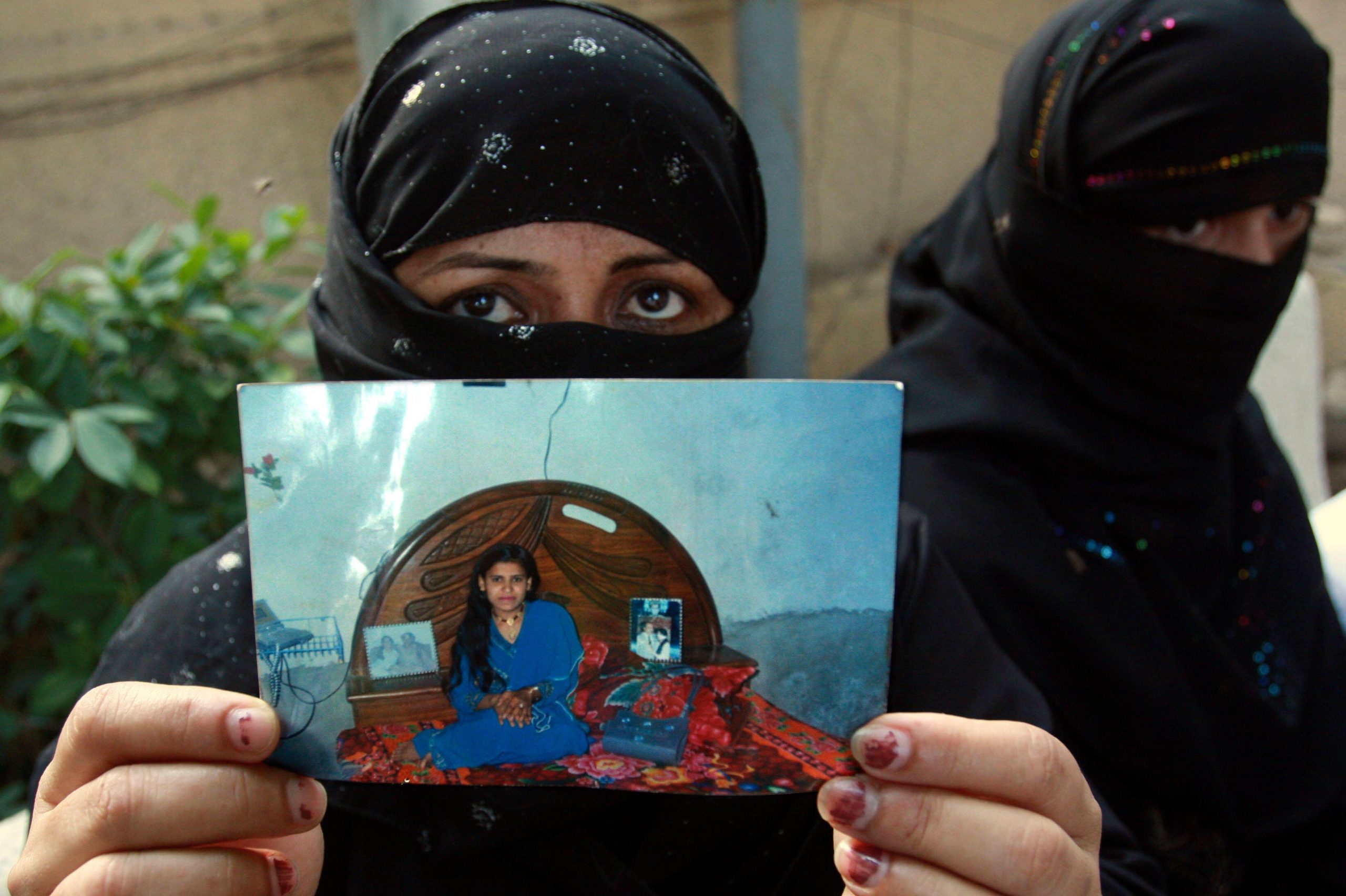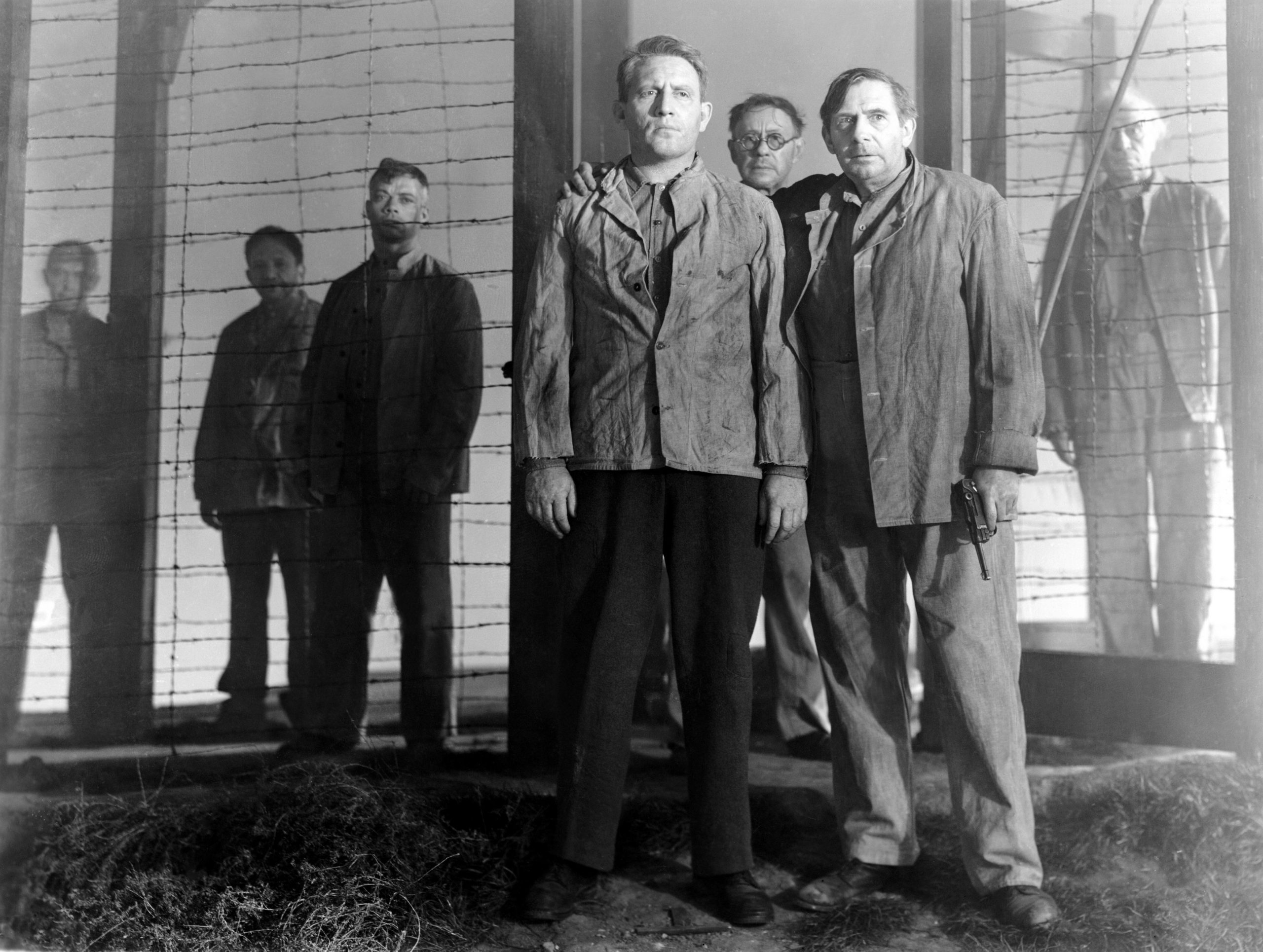 Italians are protesting against proposed laws that could make investigative journalism almost impossible, writes Cecilia Anesi
Italians are protesting against proposed laws that could make investigative journalism almost impossible, writes Cecilia Anesi
Today at 6pm Italians will gather in Piazza Navona, Rome, to demonstrate against new bills proposed by Berlusconi’s government.
The new ‘scoundrel-laws’, as organisers of the demonstration have named them, will limit press freedom and make a mockery of Italy’s judicial system.
The demonstration was the initiative of Furio Colombo, MP of Partito Democratico, Francesco Pardi, Italia dei Valori Senator (Idv), and Paolo Flores d’Arcais, editor of MicroMega. It has been immediately backed by Antonio di Pietro, president of Idv, and several journalists and academics, among them Beppe Grillo, Marco Travaglio, Moni Ovadia, Umberto Eco, Andrea Camilleri and Ascanio Celestini.
Ten days after winning the elections, Berlusconi threatened to ban ‘disturbing’ TV programmes, such as Annozero, a weekly current affairs show directed by Michele Santoro. Fifteen days later, two issues that had been central to his electoral campaign, the Alitalia crisis and the waste scandal, vanished from the agenda.
A month later, three new bills were proposed. The first concerned wiretaps, the second proposed suspending for a year legal proceedings in cases of crimes committed prior to 2002 (where the sentence is less then 10 years) and the third promised immunity from prosecution for the holders of the highest public office.
According to the writer Andrea Camilleri, while one in three Italian families lives in poverty, Berlusconi focuses once again on his own interests and those of his small group of associates. Berlusconi has indeed much to worry about from the 9,000 wiretaps of his phone calls now in the hands a Naples court. On 3 July, L’Espresso published highly compromising transcripts of Berlusconi’s phone calls with influential political figures and important members of Rai, the Italian public service broadcaster. Some publications, such as Libero, tried to save his reputation by saying he was just giving a career break to his actress friends, and that he cannot be blamed because he likes la gnocca (‘pussy’). Yet, in reality, the actresses were pawns in a political game whose purpose was to bring down Prodi’s government. But Italy has an odd habit: if no one talks about a problem, then it simply ceases to exist. This leads to the ‘disappearance of facts’, as the journalist Marco Travaglio puts it, which means that the spotlight ends up on ‘la gnocca’ rather then on political corruption.
A few days before the demonstration, different voices began forming a chorus of protest. For the actor Ascanio Celestini, the current situation is a ‘democratic coup d’état’ which aims to control the system rather than overthrow it. The musician Moni Ovadia, denounced the perversion of justice in what he called a parody of democracy. Umberto Eco identified the danger in a majority which claims to be right and a minority which is too scared, or lazy, to react.
The bill on wiretaps includes a proposal which would make it illegal to report investigations until criminal proceedings have begun.
Explaining the context of the crime and why a person has been arrested will be illegal too.
The blog Voglio Scendere claims that this bill is not designed to defend reputations since, there is already a law on defamation; nor it is really designed to prevent wiretapping, but rather it aims to prevent citizens from being fully informed about scandals taking place in the country. If this law was already active, Italians would know nothing of the cases of Calciopoli, Vallettopoli and other similar crimes. Moreover, to investigate allegations against a member of the Roman Catholic Church, permission would be required from the direct superior of the person investigated. This would be particularly problematic in the case of the Pope.
A new crime would therefore be created: the crime of seeking and imparting information. Access to information is a right for citizens and a duty for journalists, who will be prevented from doing if these draconian measures become law.
Whoever dares to break this law, explains Travaglio, will be punished with a double penalty: one to three years in jail and a fine up to 1,032 euros for each published article. Moreover, the public prosecutor will have to inform the Ordine dei Giornalisti, the professional body for journalists in Italy, which will be forced to suspend the journalist from the practice of his profession for three months, even before conviction. On top of this, the journalist risks being fired. The law provides also for a fine to be paid by editors who publish the information. The fine could reach 400,000 euros. Moreover, the existing right to redress granted to those who claim damages or defamation will be modified to deny the journalist the right of reply.
The proposal has caused alarm and indignation among many journalists and citizens. This is why a demonstration has been organised. Those who participate want to make the rest of Italians aware of the danger these bills pose to the very liberty of each citizen. This is why many journalists have signed the petition ‘arrest us all’ proposed by the blog Voglio Scendere. Everyone who has joined the protest has agreed to defend freedom of information and, if necessary, go to jail for it.





